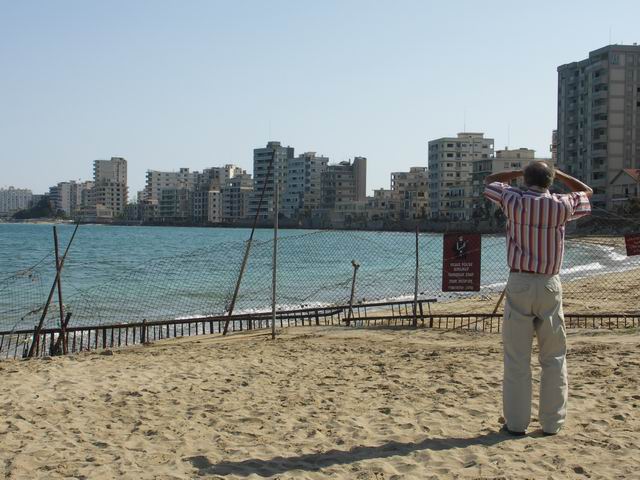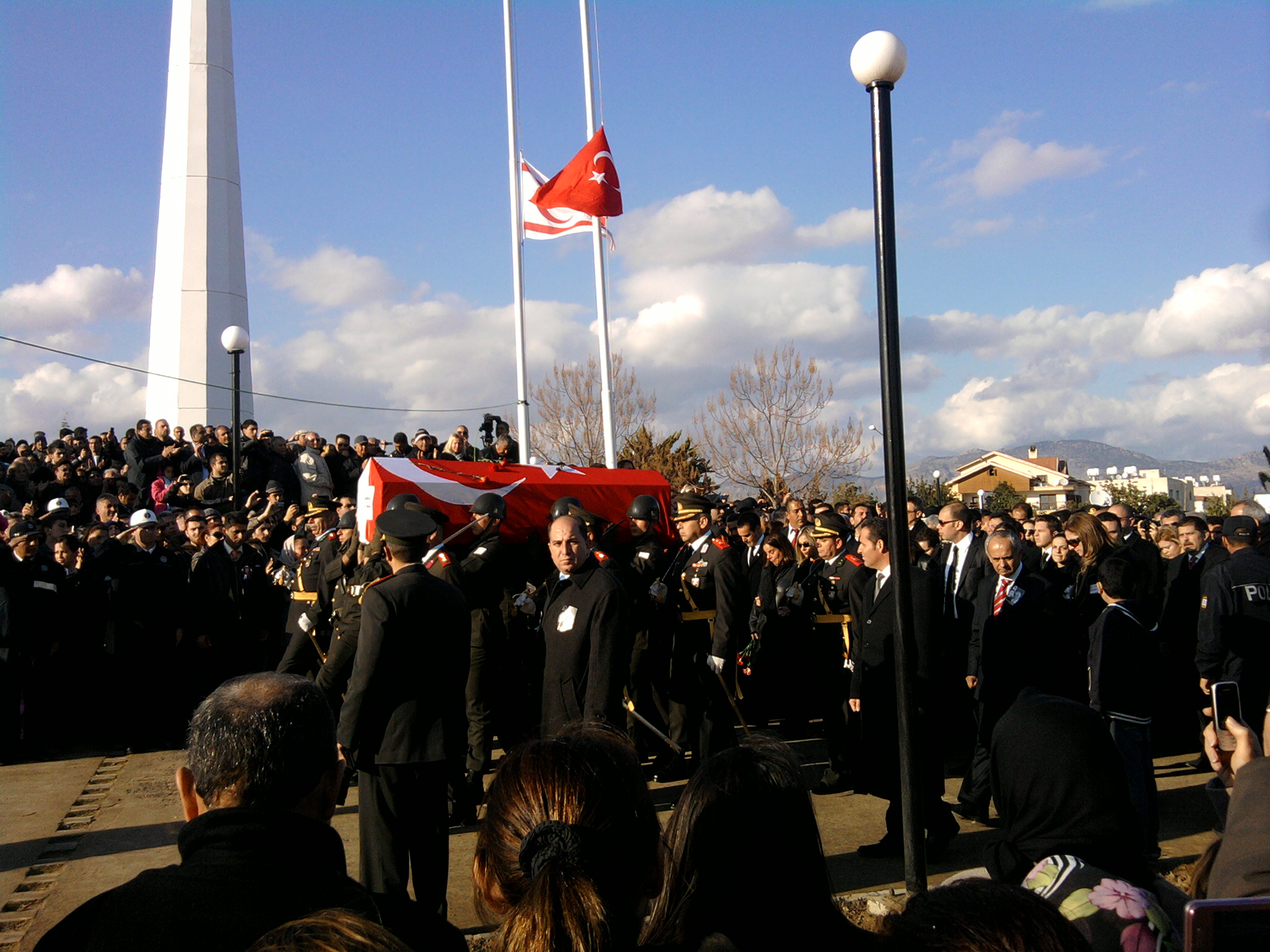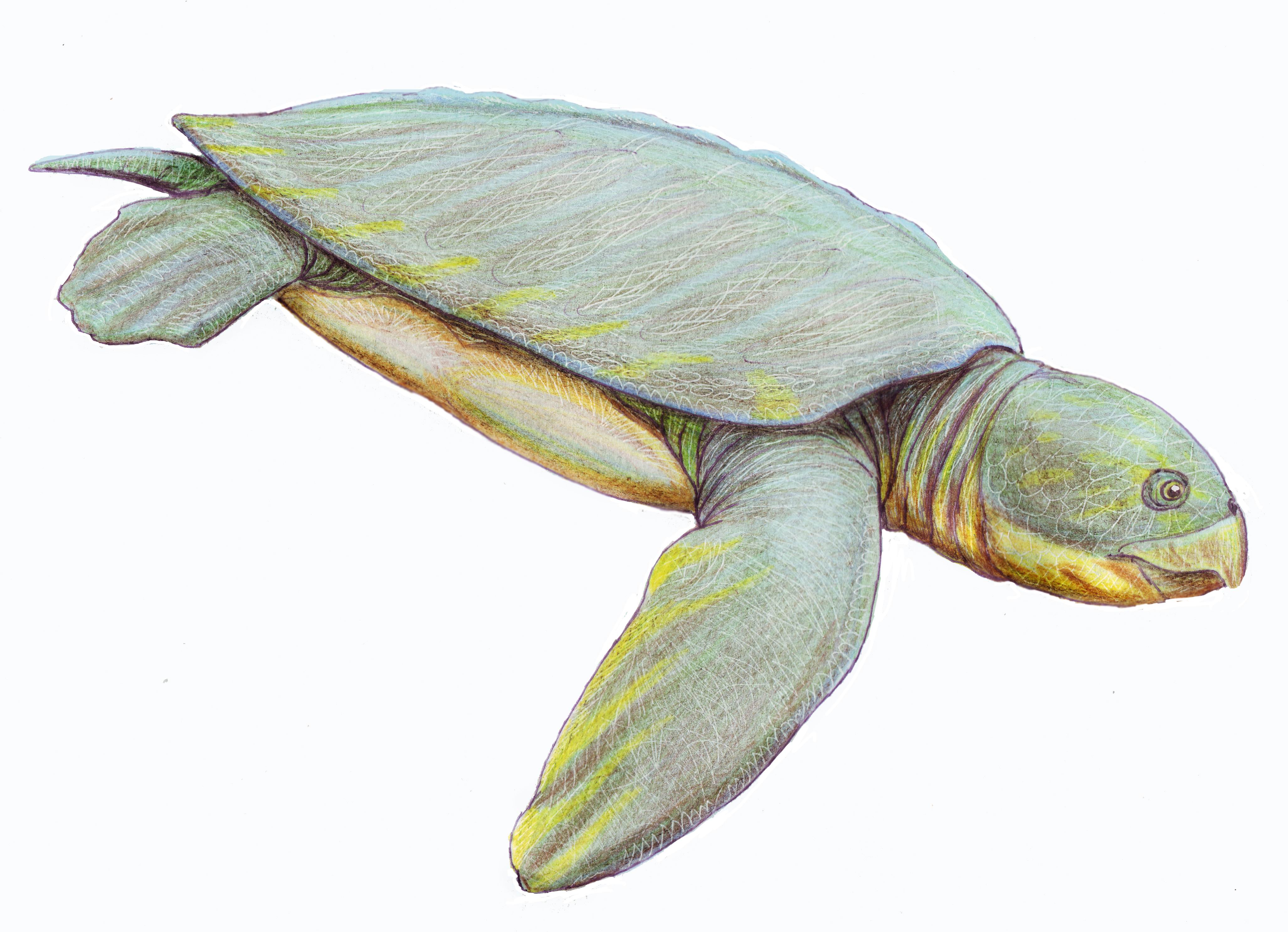|
Varosha (Famagusta)
Varosha ( el, Βαρώσια, ; tr, Maraş or ''Kapalı Maraş'') is the southern quarter of the Famagusta, a ''de jure'' territory of Cyprus, currently under the control of Northern Cyprus. Varosha has a population of 226 in the 2011 Northern Cyprus census. The area of Varosha is 6.19 km2. Etymology The name of Varosha derives from the Turkish word ( ota, واروش, 'suburb'). The place where Varosha is located now was empty fields in which animals grazed. History In the early 1970s, Famagusta was the number-one tourist destination in Cyprus. To cater to the increasing number of tourists, many new high-rise buildings and hotels were constructed. During its heyday, Varosha was not only the number-one tourist destination in Cyprus, but between 1970 and 1974, it was one of the most popular tourist destinations in the world and was a favorite destination of such celebrities as Elizabeth Taylor, Richard Burton, Raquel Welch, and Brigitte Bardot. Before 1974, Varosha was th ... [...More Info...] [...Related Items...] OR: [Wikipedia] [Google] [Baidu] |
De Jure
In law and government, ''de jure'' ( ; , "by law") describes practices that are legally recognized, regardless of whether the practice exists in reality. In contrast, ("in fact") describes situations that exist in reality, even if not legally recognized. Examples Between 1805 and 1914, the ruling dynasty of Egypt were subject to the rulers of the Ottoman Empire, but acted as de facto independent rulers who maintained a polite fiction of Ottoman suzerainty. However, starting from around 1882, the rulers had only de jure rule over Egypt, as it had by then become a British puppet state. Thus, by Ottoman law, Egypt was de jure a province of the Ottoman Empire, but de facto was part of the British Empire. In U.S. law, particularly after ''Brown v. Board of Education'' (1954), the difference between de facto segregation (segregation that existed because of the voluntary associations and neighborhoods) and de jure segregation (segregation that existed because of local laws that m ... [...More Info...] [...Related Items...] OR: [Wikipedia] [Google] [Baidu] |
Turkish Army
The Turkish Land Forces ( tr, Türk Kara Kuvvetleri), or Turkish Army (Turkish: ), is the main branch of the Turkish Armed Forces responsible for land-based military operations. The army was formed on November 8, 1920, after the collapse of the Ottoman Empire. Significant campaigns since the foundation of the army include suppression of rebellions in southeastern Turkey from the 1920s to the present day, combat in the Korean War, the 1974 Turkish invasion of Cyprus and the current Turkish involvement in the Syrian Civil War, as well as its NATO alliance against the USSR during the Cold War. The army holds the preeminent place within the armed forces. It is customary for the Chief of the General Staff of the Turkish Armed Forces to have been the Commander of the Turkish Land Forces prior to his appointment as Turkey's senior ranking officer. Alongside the other two armed services, the Turkish Army has frequently intervened in Turkish politics, a custom that is now regulated to ... [...More Info...] [...Related Items...] OR: [Wikipedia] [Google] [Baidu] |
Protaras
Protaras (Greek: ''Πρωταράς'') is a predominantly tourist resort which comes under the administrative jurisdiction of Paralimni Municipality in Cyprus. In ancient times, where Protaras is now located, stood the old city-state of Leukolla.''The Princeton Encyclopedia of Classical Sites''Leukolla The city possessed a small safe harbour where Demetrius Poliorketes sought refuge in the year 306 BC, lying in wait for Ptolemy, one of the successors of Alexander the Great. In the ensuing battle, Ptolemy was defeated and fled to Egypt, leaving Cyprus in the hands of Demetrius for a short time. Protaras is also referred to as "the land of windmills", maintaining the nostalgic quality of the past. Protaras has clear sky-blue waters and sandy beaches, the most well-known of which is Fig Tree Bay. Building on the success of Ayia Napa, located about southwest, it has expanded into a modern holiday resort of considerable size with tens of high capacity hotels, hotel apartments, villas ... [...More Info...] [...Related Items...] OR: [Wikipedia] [Google] [Baidu] |
Rauf Denktaş
Rauf Raif Denktaş (27 January 1924 – 13 January 2012) was a Turkish Cypriot politician, barrister and jurist who served as the founding president of Northern Cyprus. He occupied this position as the president of the Turkish Republic of Northern Cyprus between the declaration of the ''de facto'' state by Denktaş in 1983 and 2005, as the president of the Turkish Federated State of Cyprus between 1975 and 1983 and as the president of the Autonomous Turkish Cypriot Administration between 1974 and 1975. He was also elected in 1973 as the vice-president of the Republic of Cyprus. Early life and career Denktaş was born in Paphos to judge Raif Mehmet Bey and Emine Hanim, Turkish Cypriots. He graduated from The English School, Nicosia in Cyprus. Following his graduation he worked as a translator in Famagusta after that as a court clerk and then as a teacher for one year in the English School. He later went to Istanbul and London, training first as a teacher and then as a barrister ... [...More Info...] [...Related Items...] OR: [Wikipedia] [Google] [Baidu] |
Cyprus Missile Crisis
The Cypriot S-300 crisis was a tense and rapidly escalating political standoff between the Republic of Cyprus and the Republic of Turkey between early 1997 and late 1998. The confrontation was sparked by Cypriot plans to install two Russian-made S-300 air-defence missile sites on their territory, provoking Turkey into threatening an attack or even all-out war if the missiles were not returned to Russia. The missile deal with Russia represented the Cyprus government's first serious attempt at building a credible air defence system after years of Turkish superiority in the air. The crisis effectively ended in December 1998 with the decision of the Cypriot government to transfer the S-300s to Greece's Hellenic Air Force in exchange for alternative weapons from Greece. The crisis also led to the collapse of Cyprus's coalition government. Greece's Hellenic Air Force installed the system on the island of Crete and as of 2000 the S-300s still operate there. Background The S-300 syst ... [...More Info...] [...Related Items...] OR: [Wikipedia] [Google] [Baidu] |
Sea Turtle
Sea turtles (superfamily Chelonioidea), sometimes called marine turtles, are reptiles of the order Testudines and of the suborder Cryptodira. The seven existing species of sea turtles are the flatback, green, hawksbill, leatherback, loggerhead, Kemp's ridley, and olive ridley sea turtles. All six of the sea turtle species present in US waters (all of those listed above except the flatback) are listed as endangered and/or threatened under the Endangered Species Act. The seventh sea turtle species is the flatback, which exists in the waters of Australia, Papua New Guinea and Indonesia. Sea turtles can be separated into the categories of hard-shelled (cheloniid) and leathery-shelled ( dermochelyid).Wyneken, J. 2001. The Anatomy of Sea Turtles. U.S Department of Commerce NOAA Technical Memorandum NMFS-SEFSC-470, 1-172 pp. There is only one dermochelyid species which is the leatherback sea turtle. Description For each of the seven types of sea turtles, females and males are the sa ... [...More Info...] [...Related Items...] OR: [Wikipedia] [Google] [Baidu] |
Article 8 Of The European Convention On Human Rights
Article 8 of the European Convention on Human Rights provides a right to respect for one's "private and family life, his home and his correspondence", subject to certain restrictions that are "in accordance with law" and "necessary in a democratic society". The European Convention on Human Rights (ECHR) (formally the Convention for the Protection of Human Rights and Fundamental Freedoms) is an international treaty to protect human rights and fundamental freedoms in Europe. Right Article 8 is considered to be one of the convention's most open-ended provisions. Family life In ''X, Y, and Z v. UK'', the Court recalls that "the notion of 'family life' in Article 8 is not confined solely to families based on marriage and may encompass other de facto relationships. When deciding whether a relationship can be said to amount to 'family life', a number of factors may be relevant, including whether the couples live together, the length of their relationship and whether they have demonstr ... [...More Info...] [...Related Items...] OR: [Wikipedia] [Google] [Baidu] |
European Convention On Human Rights
The European Convention on Human Rights (ECHR; formally the Convention for the Protection of Human Rights and Fundamental Freedoms) is an international convention to protect human rights and political freedoms in Europe. Drafted in 1950 by the then newly formed Council of Europe,The Council of Europe should not be confused with the Council of the European Union or the European Council. the convention entered into force on 3 September 1953. All Council of Europe member states are party to the Convention and new members are expected to ratify the convention at the earliest opportunity. The Convention established the European Court of Human Rights (generally referred to by the initials ECHR). Any person who feels their rights have been violated under the Convention by a state party can take a case to the Court. Judgments finding violations are binding on the States concerned and they are obliged to execute them. The Committee of Ministers of the Council of Europe monitors the ... [...More Info...] [...Related Items...] OR: [Wikipedia] [Google] [Baidu] |
Article 1 Of The European Convention On Human Rights
Article 1 of the European Convention on Human Rights is the first article of the European Convention on Human Rights. It states that "The High Contracting Parties shall secure to everyone within their jurisdiction the rights and freedoms defined in Section I of this Convention". Jurisdiction The "jurisdiction" of member states has been challenged several times at the Court, the principle question being to what extent jurisdiction is territorial in nature. The court has struck a path between recognising exceptions to the regional nature of the treaty and In ''Loizidou v Turkey (Preliminary Objections)'' (1995) 20 EHRR 99 the European Court of Human Rights stated: Bearing in mind the object and purpose of the Convention, the responsibility of a Contracting Party may also arise when as a consequence of military action - whether lawful or unlawful - it exercises effective control of an area outside its national territory. The obligation to secure, in such an area, the rights and fr ... [...More Info...] [...Related Items...] OR: [Wikipedia] [Google] [Baidu] |
European Court Of Human Rights
The European Court of Human Rights (ECHR or ECtHR), also known as the Strasbourg Court, is an international court of the Council of Europe which interprets the European Convention on Human Rights. The court hears applications alleging that a contracting state has breached one or more of the human rights enumerated in the Convention or its optional protocols to which a member state is a party. The European Convention on Human Rights is also referred to by the initials "ECHR". The court is based in Strasbourg, France. An application can be lodged by an individual, a group of individuals, or one or more of the other contracting states. Aside from judgments, the court can also issue advisory opinions. The convention was adopted within the context of the Council of Europe, and all of its 46 member states are contracting parties to the convention. Russia, having been expelled from the Council of Europe as of 16 March 2022, ceased to be a party to the convention with effect from 1 ... [...More Info...] [...Related Items...] OR: [Wikipedia] [Google] [Baidu] |
Cypriot Annan Plan Referendums, 2004
A referendum on the Annan Plan was held in the Republic of Cyprus and the unrecognized Turkish Republic of Northern Cyprus on 24 April 2004. The two communities were asked whether they approved of the fifth revision of the United Nations proposal for reuniting the island, which had been divided since 1974. While it was approved by 65% of Turkish Cypriots, it was rejected by 76% of Greek Cypriots. Turnout for the referendum was high at 89% among Greek Cypriots and 87% among Turkish Cypriots, which was taken as indicative of great interest in the issue on the part of the electorates. Background The referendum had originally been planned for 21 April, until the UN planners realised it was the anniversary of the coup in Athens in 1967, which set off the chain of events that led to the Turkish invasion of the island in 1974. Campaign Republic of Cyprus Political leaders in the Republic of Cyprus strongly opposed the plan. Tassos Papadopoulos, president of the Republic of Cyprus, spok ... [...More Info...] [...Related Items...] OR: [Wikipedia] [Google] [Baidu] |



.jpg)
